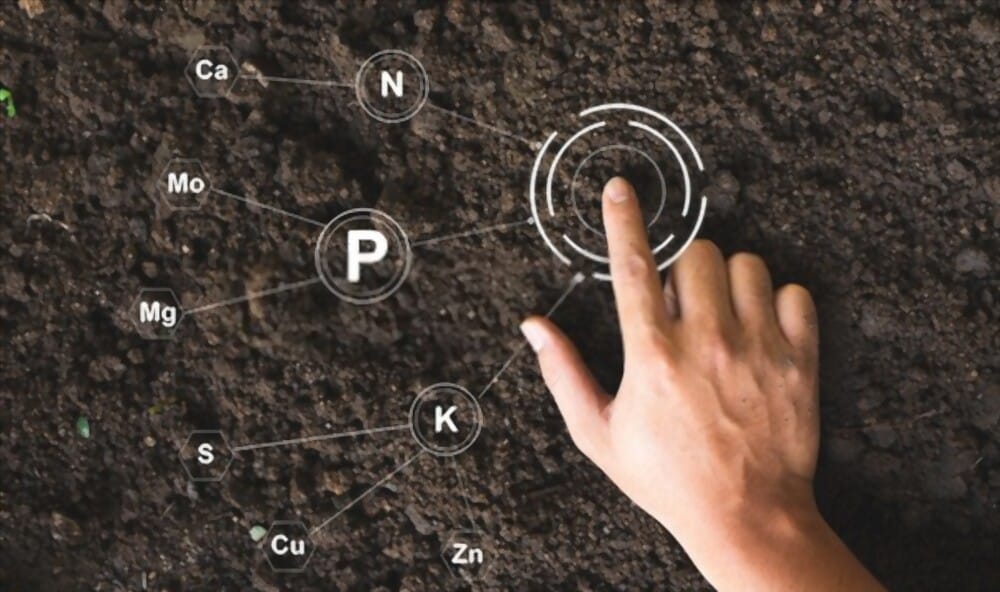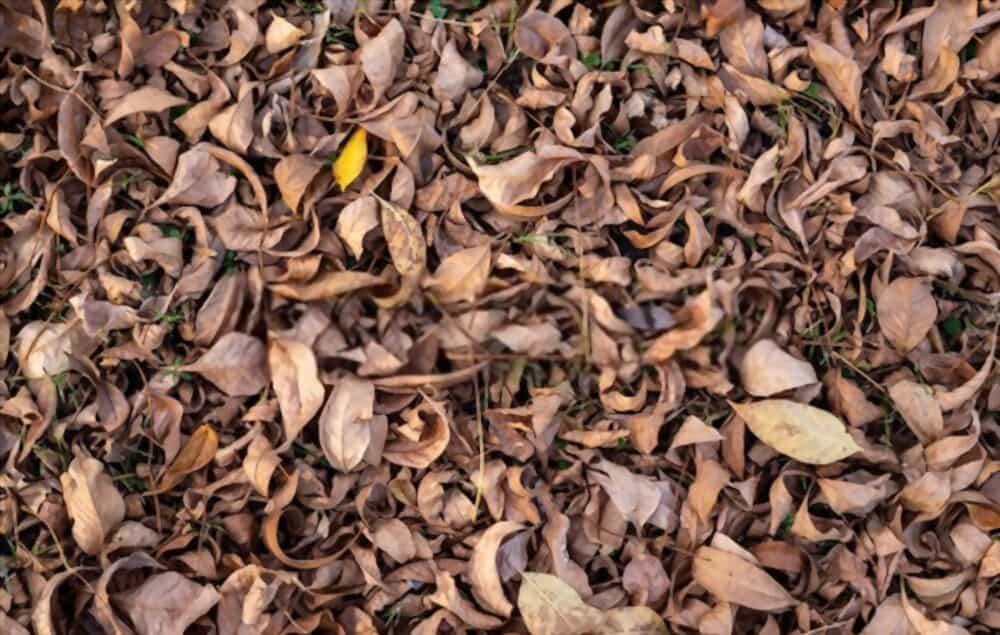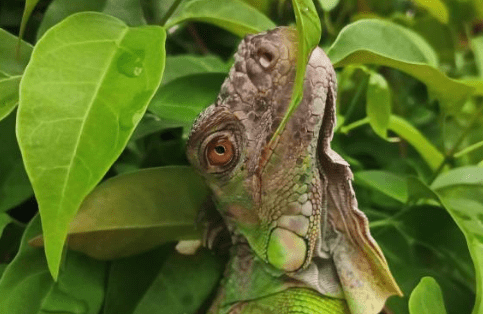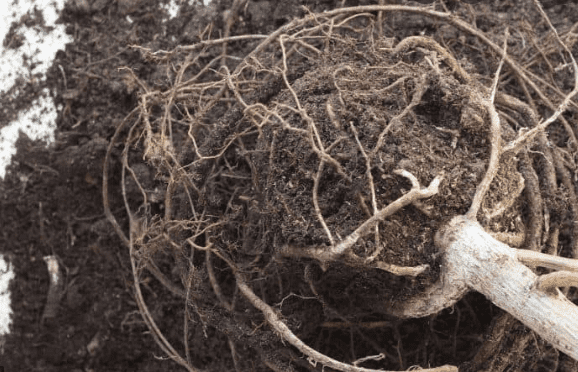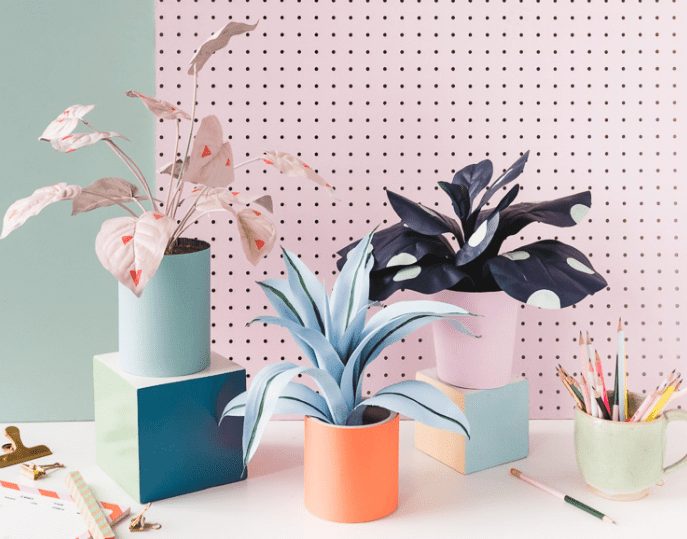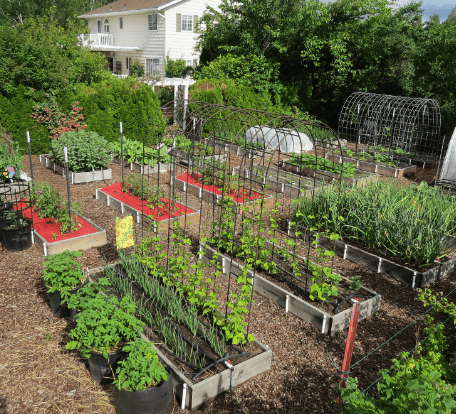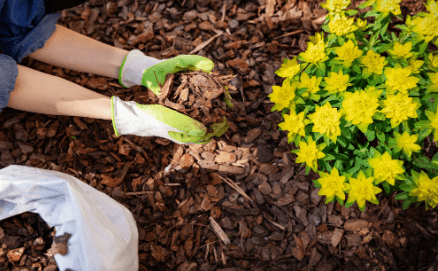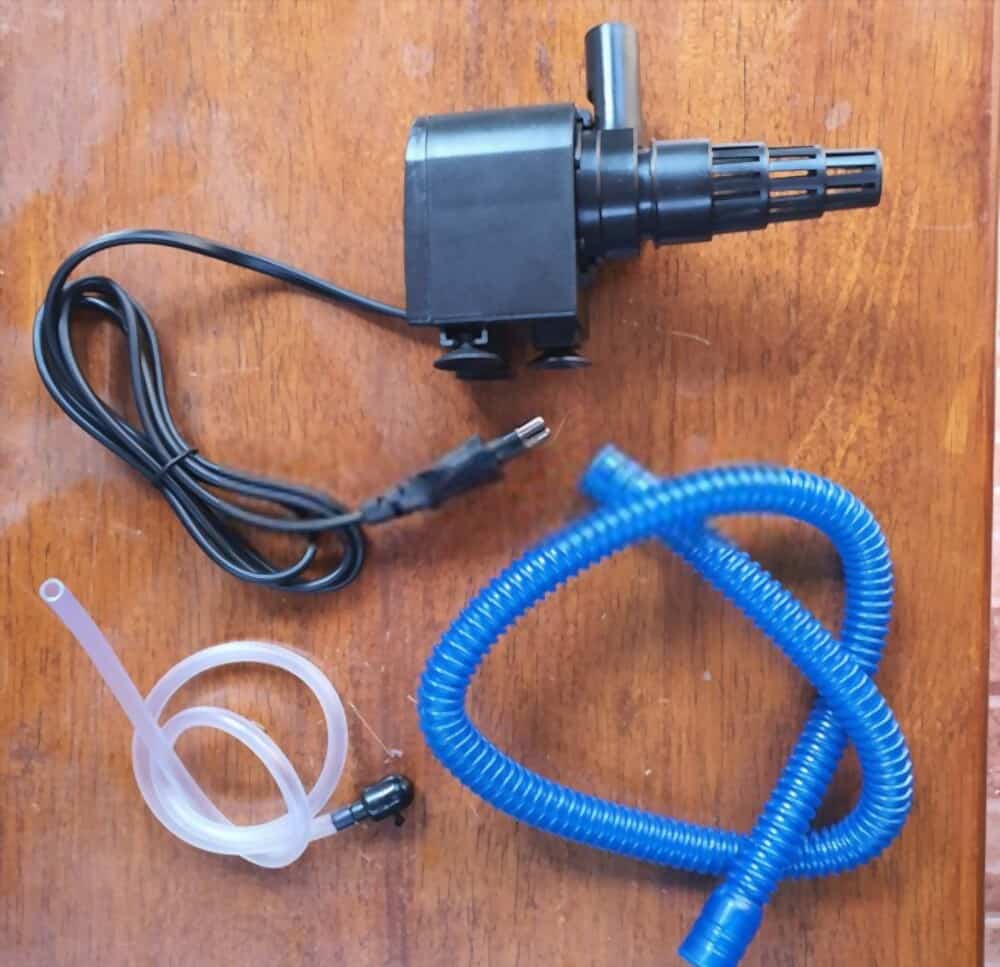Mixing Fertilizer in Soil: The Pros and Cons Explained
Fertilizer can be added to soil to boost its fertility, and applying fertilizer on the top of the soil has certain benefits as well. Two types of fertilizers are available for usage in soil: natural fertilizers artificial fertilizers. To immediately supply plants with nutrients, fertilizer can be mixed 2 to 3 inches into the soil. …

